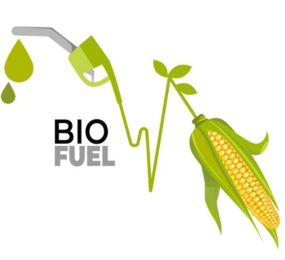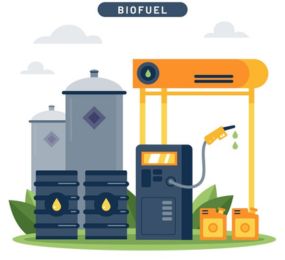Government Policies Shaping the Advanced Biofuels Industry
Government policies play a pivotal role in shaping the trajectory of the advanced biofuels industry. These policies provide the necessary framework to stimulate innovation, investment, and market growth. By offering incentives, setting standards, and creating supportive regulatory environments, governments can significantly accelerate the development and deployment of advanced biofuels.
One of the most common policy tools is the implementation of blending mandates. These mandates require a certain percentage of biofuels to be blended with conventional fuels, increasing the demand for advanced biofuels. Additionally, governments can provide direct financial incentives, such as tax credits or subsidies, to support research and development, production, and infrastructure development.
Another critical policy lever is the establishment of sustainability standards. These standards ensure that biofuels are produced in an environmentally and socially responsible manner, mitigating concerns about land use change and greenhouse gas emissions. Furthermore, governments can promote the development of biorefineries, integrated facilities that produce multiple products from biomass, including biofuels, chemicals, and materials.
By strategically designing and implementing these policies, governments can catalyze the transition to a low-carbon economy and reduce reliance on fossil fuels. However, it is crucial to strike a balance between promoting biofuel production and ensuring food security, environmental sustainability, and economic viability.
Visit our website to know more: https://www.leadventgrp.com/events/3rd-annual-advanced-biofuels-forum/details
For more information and group participation, contact us: [email protected]
Leadvent Group - Industry Leading Events for Business Leaders!
www.leadventgrp.com| [email protected]
















